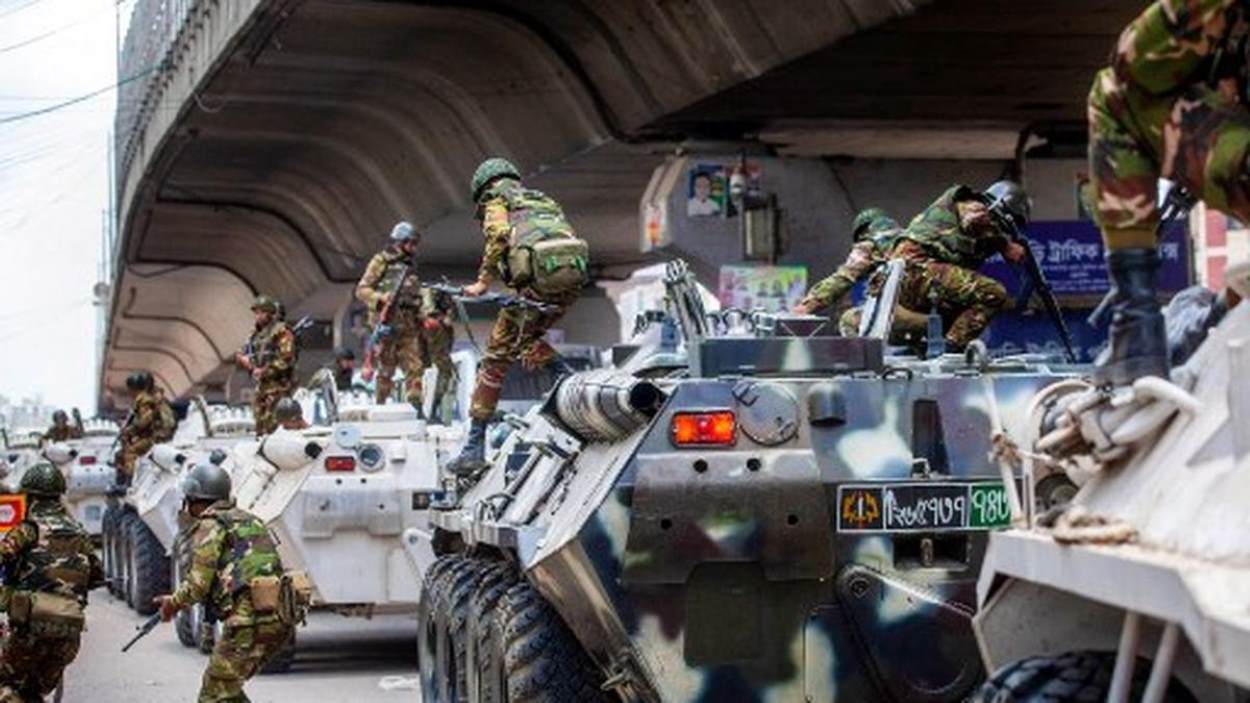The United Nations reported on Friday that there are strong indications Bangladesh’s security forces used unnecessary force during the student-led protests that led to the ousting of Premier Sheikh Hasina.
Last week, Sheikh Hasina fled to India by helicopter as demonstrators took over the streets of Dhaka, ending her 15-year tenure marked by authoritarian governance.
The protests, which claimed over 450 lives in the weeks leading to her departure on August 5, have drawn significant international attention. The UN’s preliminary human rights report calls for an independent investigation into the security forces’ actions, which allegedly included extrajudicial killings, arbitrary arrests, enforced disappearances, and torture. The report also highlighted severe restrictions on freedoms of expression and peaceful assembly.
The UN stressed the urgent need to restore law and order and prevent further violence and reprisals. The interim government, led by Nobel laureate Muhammad Yunus, has invited UN investigators to examine the violent circumstances surrounding the transition.
Yunus, who returned from Europe last week to lead the interim government, is tasked with implementing democratic reforms. UN Human Rights Chief Volker Turk views this transition as a pivotal opportunity to reform Bangladesh’s institutions, enhance civic freedoms, and involve citizens in shaping the future.
Turk emphasized that accountability for these violations and justice for victims are crucial for Bangladesh’s progress and must be part of a broader national healing process.






